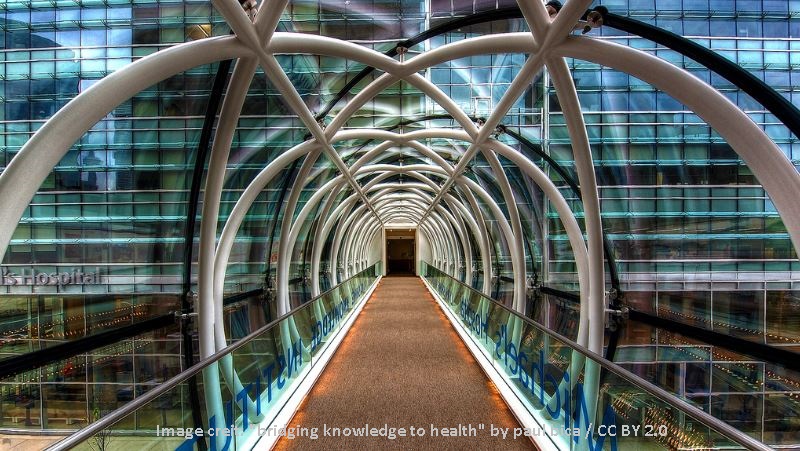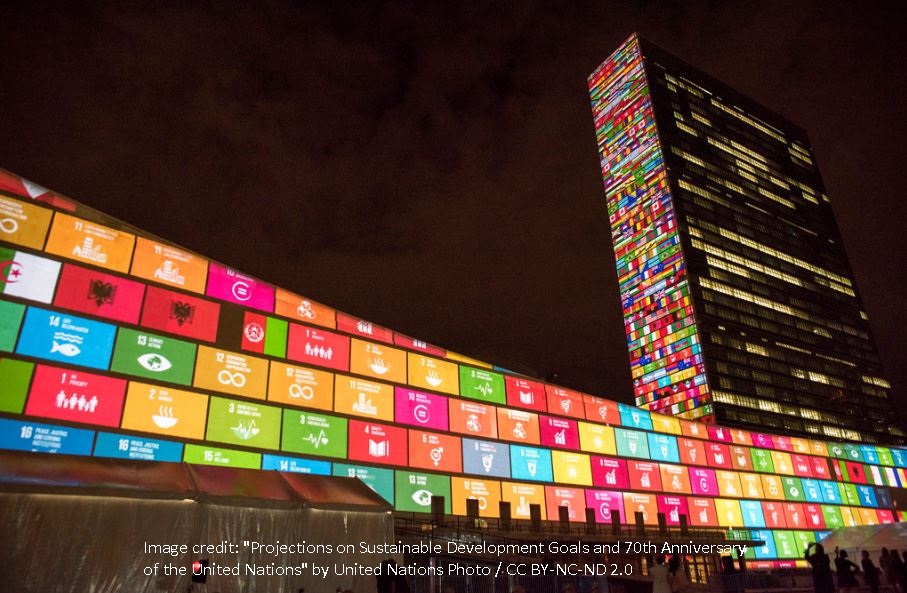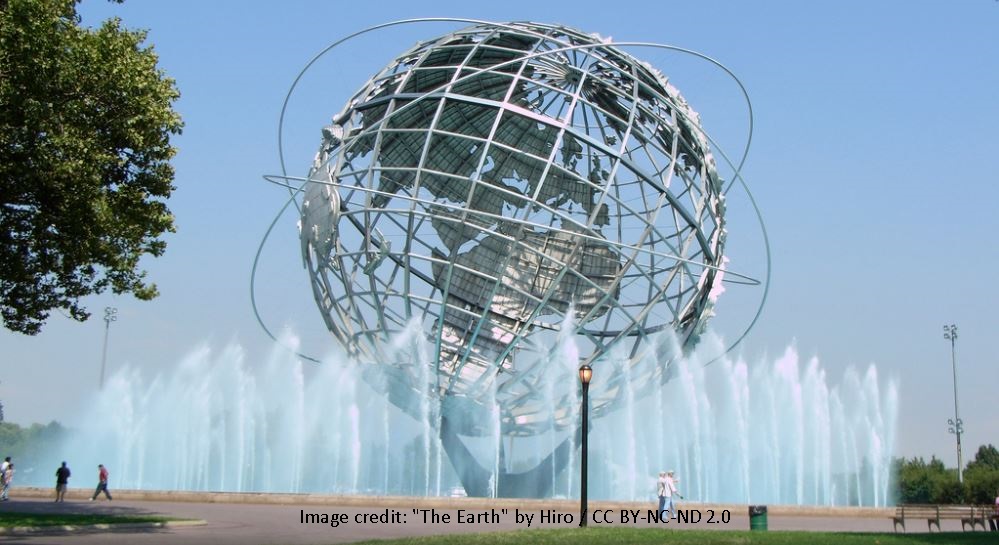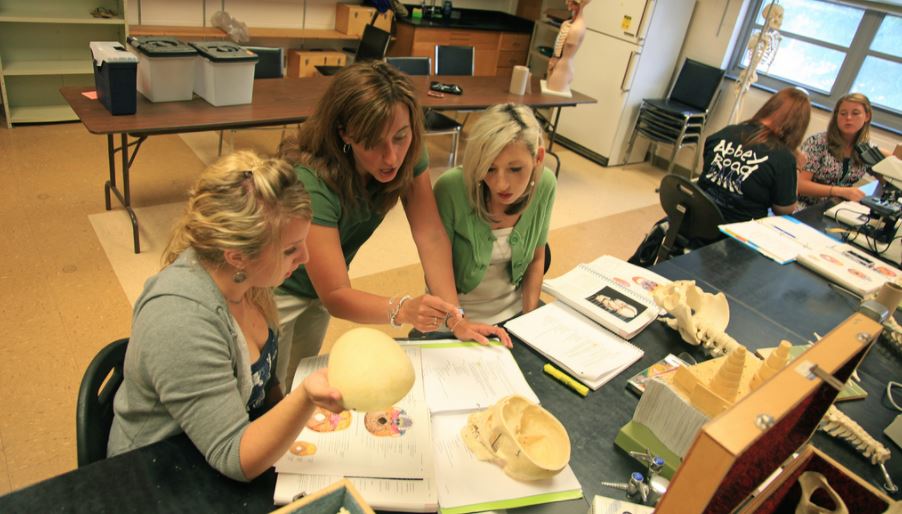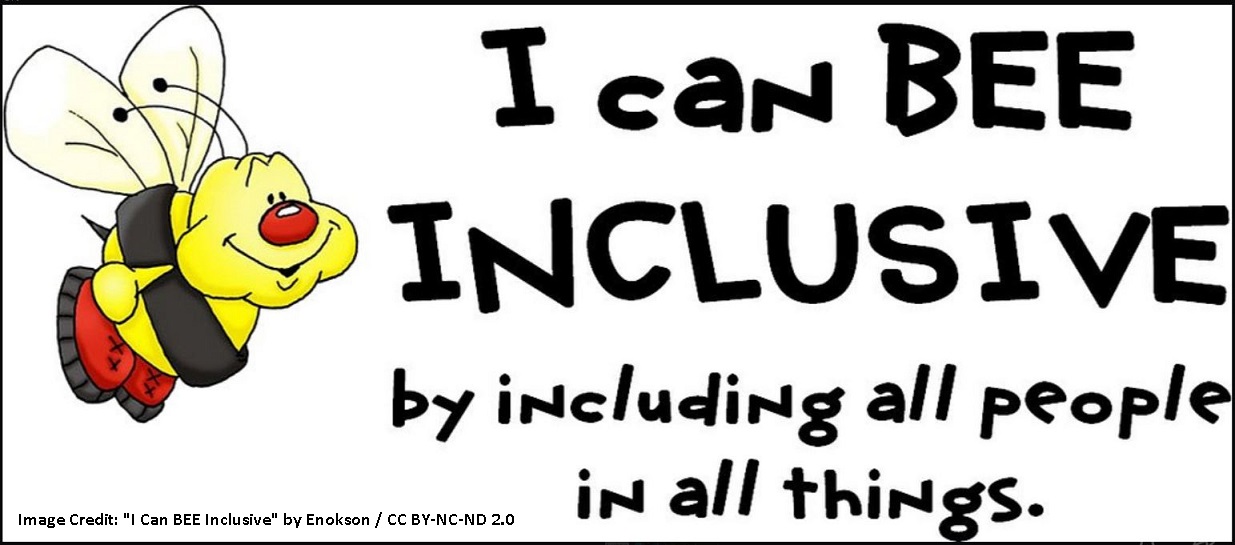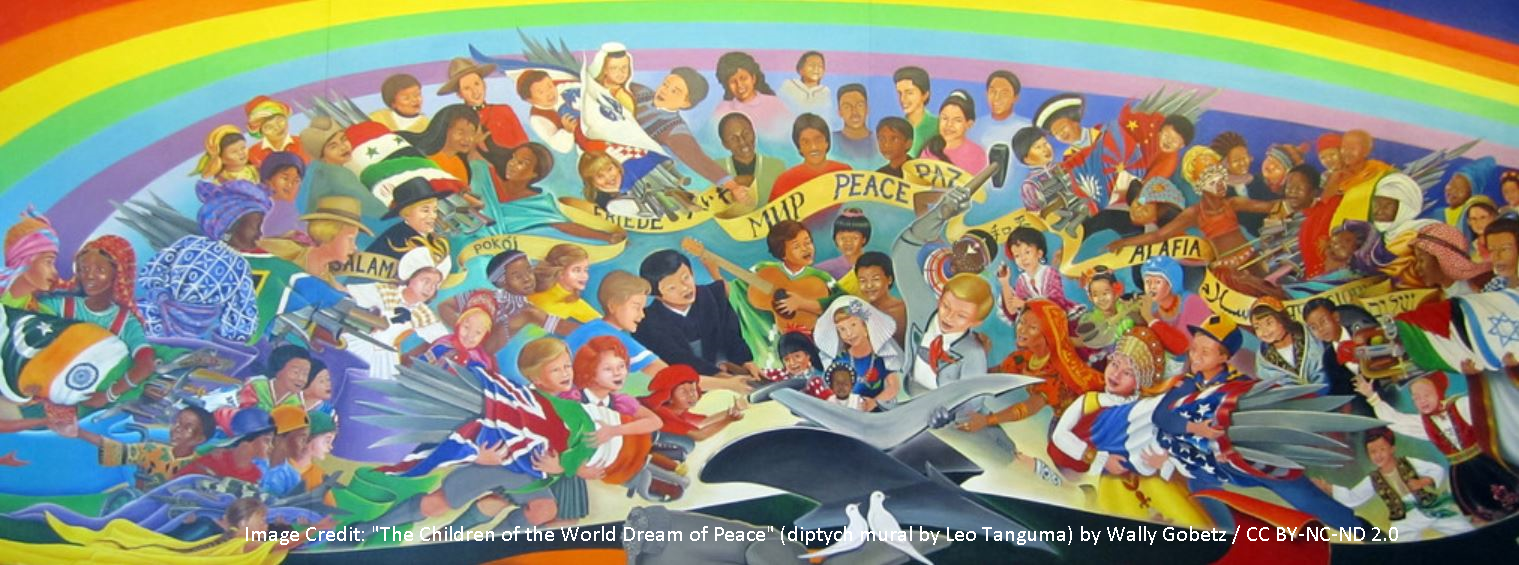Higher education for a sustainable future
Higher education for a sustainable future Patrick Blessinger, Enakshi Sengupta, and Taisir Subhi Yamin St John’s University, New York City, USA, The American University of Kurdistan, and The International Centre for Innovation in Education For much of human history people used renewable resources to provide the basic energy needed for eating, trading, transporting and simple social development (for example, wind and water for milling and seafaring as well as biomass for heating, cooking and shelter). In other words, in pre-industrial societies, humans, out of the need for survival, learned how to adapt their ways of life to fit the natural rhythms and conditions of their environment. Then, with the advent of the industrial revolution, societies began to use fossil fuels (coal, oil, natural gas) on a large scale to drive the growth of mass production systems and international trade. With the advent of post-industrial societies over the past 200 years, [...]


